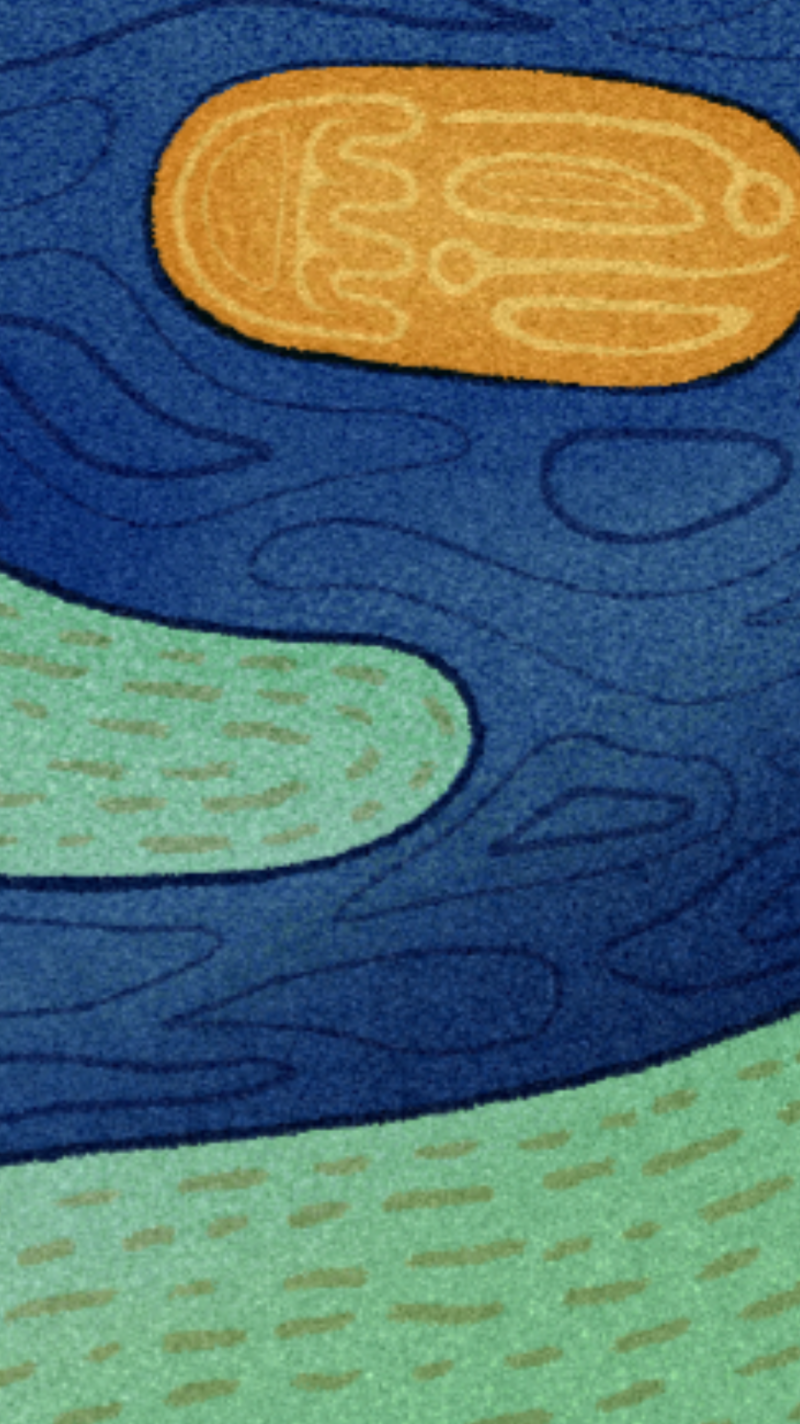Truth and Reconciliation Action Plan
2025 and beyondReconciliation and truth are at the core of our identity and how we interact with the world. We are dedicated to consistently reflecting on and evolving our business practices and habits in ways that promote decolonization. This updated plan signifies our commitment to evaluating our progress, identifying areas for improvement, and amplifying our impact.
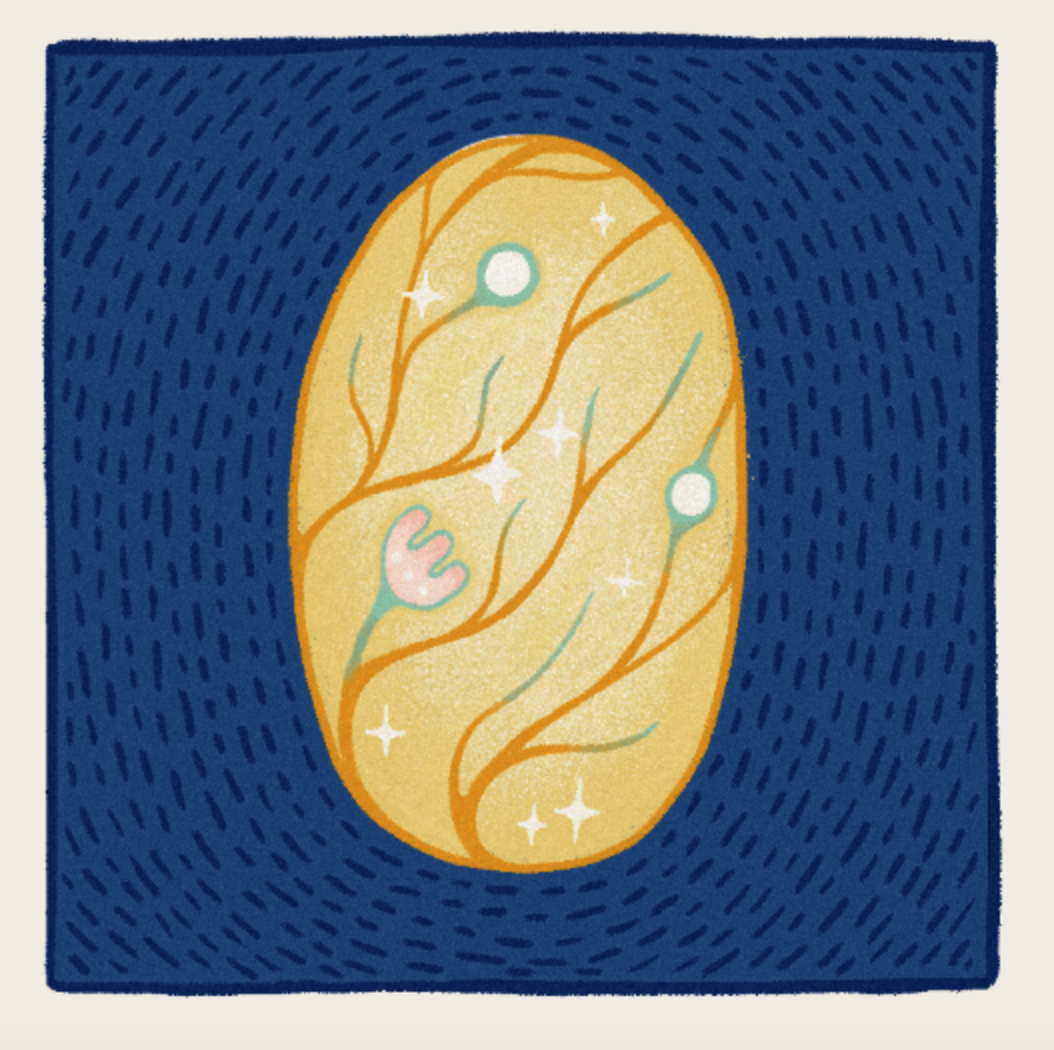
Much of the work we do at Briteweb occurs on the traditional and ancestral territories of many different Indigenous groups. On the West Coast, this includes the xʷməθkʷəy̓əm (Musqueam), Sḵwx̱wú7mesh (Squamish), and səĺilwətaɁɬ (Tsleil-Waututh). In the Great Lakes region, this includes the Anishinaabeg, Mississaugas of the Credit, Haudenosaunee and Wendat peoples. These places are now home to many diverse First Nations, Inuit and Métis peoples. Additionally, many of our team members and client partners are located across North America, traditionally known as Turtle Island.
Because our team and partnerships are constantly growing and changing, it’s difficult to share a full, permanent list of the communities to which we are accountable. Our intention is to honour that fluidity with a commitment to constant learning and re-learning. We know that we are engaged in a lifelong process of reckoning with our historical and present impact on the people and land that are connected to us.
We understand that practicing Territorial Acknowledgements can sometimes feel awkward, or even inauthentic—especially for those of us who are settlers living and working on stolen lands. These acknowledgements are just the start; it’s important for action to follow. Our team has been fortunate to have in-depth discussions with Len Pierre, an educator and consultant who is Coast Salish from Katzie (kate-zee) First Nation, and continuously shares knowledge with us, and holds space for constructive dialogue and questions about reconciliation and decolonization.
Len shared with our team that Territorial Acknowledgements have actually been practiced by Indigenous peoples since time immemorial. Rather than reflecting a custom invented by settlers, these acknowledgements are actually the continuation of an ancient practice that honours the relationship with the land on which we live, work and recreate, and the communities that are connected to each place. We can continue to do this in a way that is respectful, authentic, and reflective of where we are in our respective journeys.
We encourage our team, clients, and partners to take time to learn about the territories they are on, as part of an active effort to work toward reconciliation.
All artwork by Mariah Meawasige

Introduction
As a leading social impact agency, Briteweb has long-held organizational commitments to examining and understanding how we affect the people and places around us. Through our work, we seek out collaborative opportunities to create positive change. That’s reflected in our tagline: “Together, we’ll do a world of good.”
At the same time, we exist in an era of human history that makes it difficult to avoid being implicated in harm. Colonialism, capitalism, racism, and many other interconnected systems create the conditions in which wealth, power, and freedom are not fairly distributed. We operate in the shadow of these systems, whether or not we realize it. And it’s our responsibility to take accountability for the ways in which we benefit from systemic violence, both historical and current—as well as to bear witness to the ways in which that violence has caused great harm to many people, both directly and indirectly. Then, it is our responsibility to counteract that harm with meaningful action.
We feel a deep reverence for the communities that thrived on this land before settlers arrived, and our organizational ethos has included a core commitment to education on Indigenous history and culture in what is largely now known as Canada.
In 2022, Briteweb created our first Reconciliation Action Plan. Today, as we renew and expand our commitments to reconciliation, we also want to emphasize a change in how we approach this work. This iteration, which builds on the last, is our Truth and Reconciliation Action Plan. The addition of “Truth” to this title is a critical development. This change was inspired by Phyllis Webstad, the founder of Orange Shirt Day, who spoke with our team. We were honoured to have her share the history of the day, as well as her own journey as a residential school survivor. She noted that in order to reconcile, we must first address the truth about the historical atrocities that have been committed—and recognize what Indigenous communities have faced, and continue to face.
Without acknowledging truth, there is no path to reconciliation. We know that dominant versions of colonial history often erase their true nature, and we will continue to seek wisdom from Indigenous leaders who can deepen our understanding. When we can see the truth, we are much better equipped to act.

Message from Leadership
The following letter is a joint message from Jill de Chavez, our CEO and Owner, and Rhonda Friesen, our Director of Finance, on behalf of Briteweb’s leadership team.
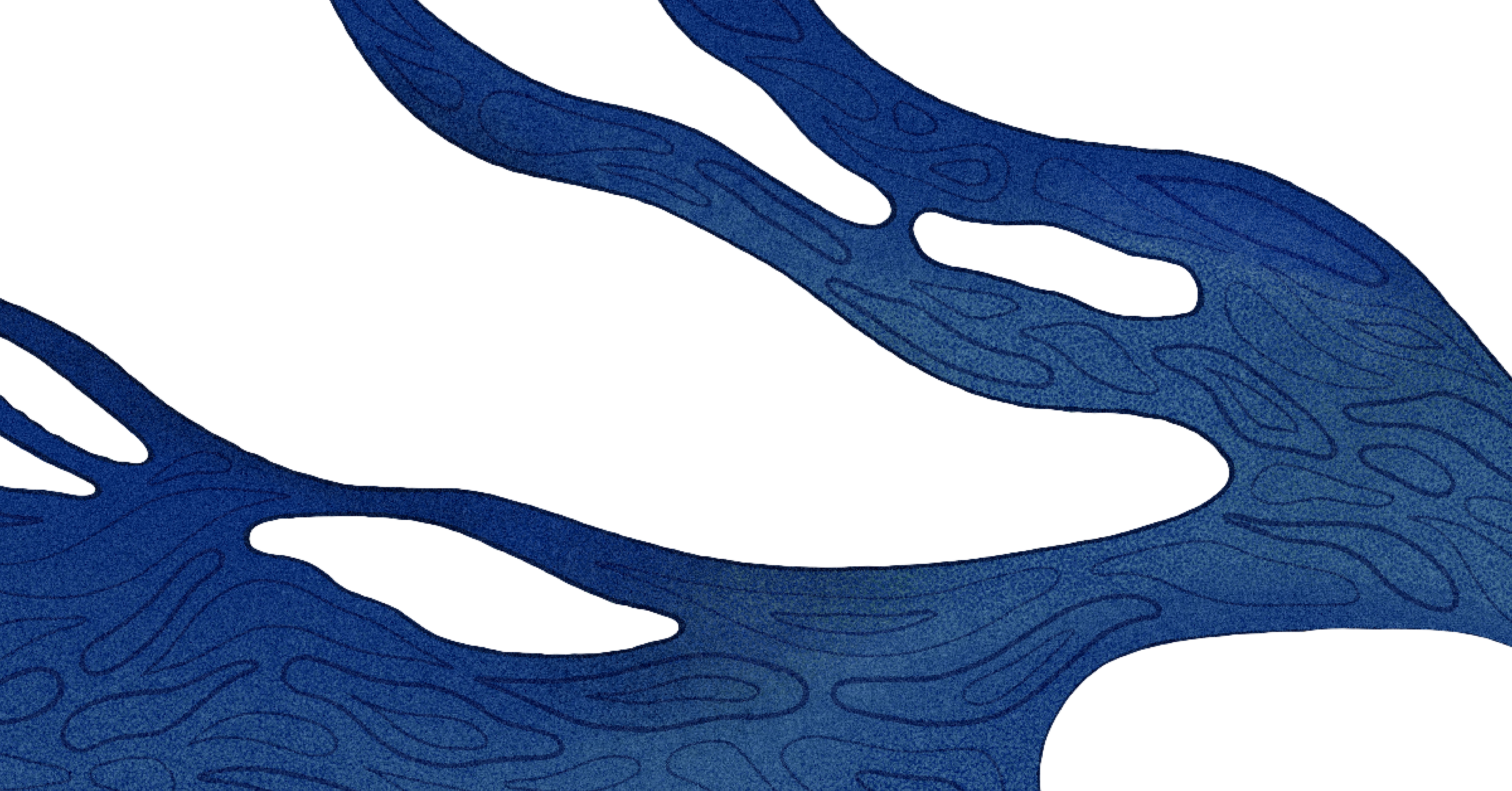
Message from Rhonda Friesen, Director of Finance
I am a member of the Metlakatla Indian Band in what is now British Columbia, off the coast of Prince Rupert. Truth and Reconciliation is something that is very personal to me, as someone whose family was and continues to be affected by the consequences of colonization. There are members of my clan who were taken from their families and forced into residential schools during the Sixties Scoop. Even today, many of us are still struggling to understand a core part of ourselves, and are still trying to connect with family we didn’t have the chance to grow up with. My family and I continue to work at reclaiming our culture every day; it’s an ongoing process. This is just one example of how harmful decisions and actions of the past continue to affect subsequent generations.
By pursuing Truth and Reconciliation at Briteweb, we are taking steps not to undo the past, but to honour and acknowledge our history, and take tangible steps towards healing together. I am grateful to work with a team where this is a priority, and where we can encourage other businesses and organizations to engage in their own Reconciliation journeys.
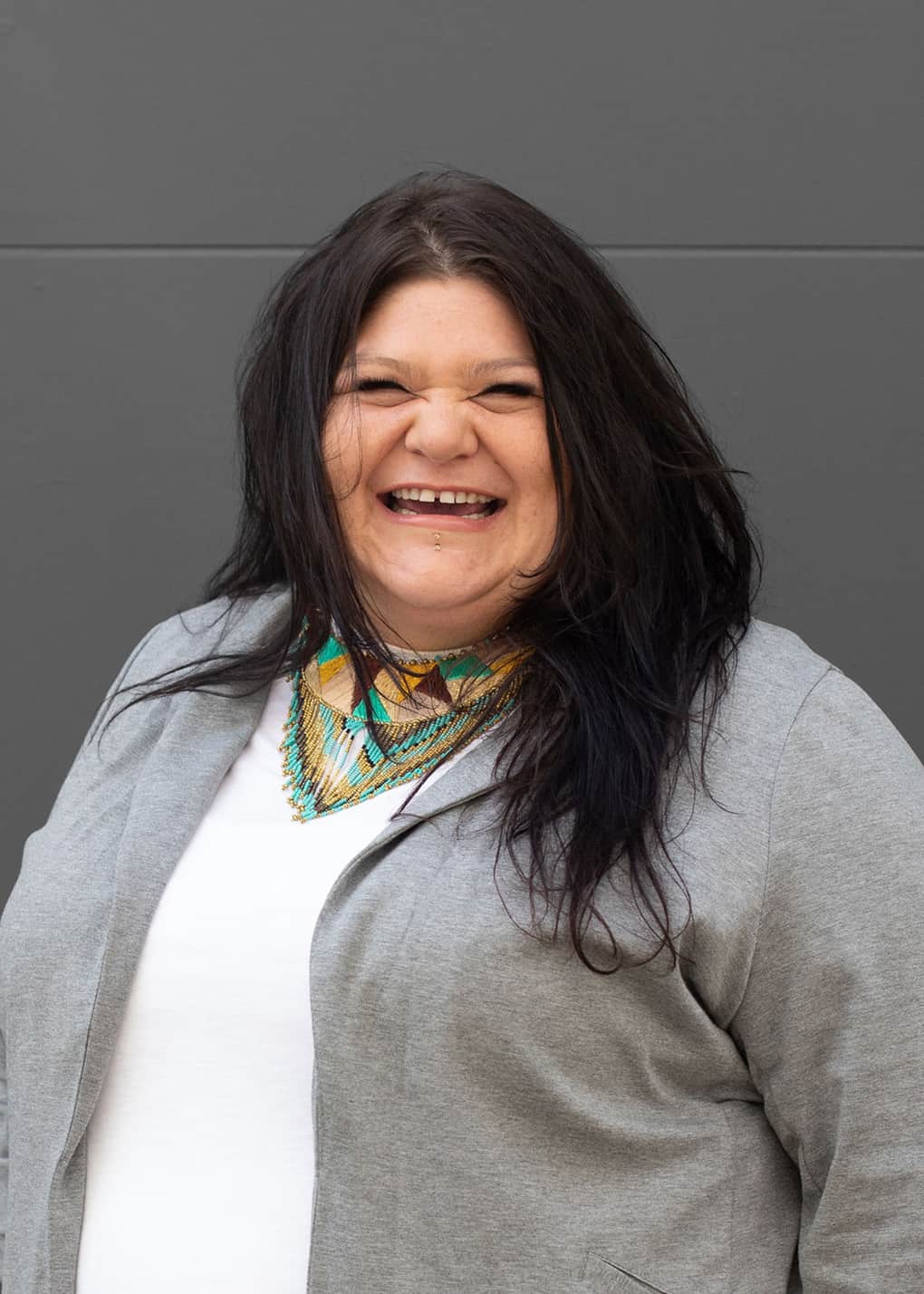
Message from Jill de Chavez, CEO and Owner
Family is incredibly important to me. I’m deeply invested in building traditions and family memories for my kids; it’s about being connected to land and community, being grounded in a lineage. And I know how many Indigenous people were forced to leave their land and their families. It’s our responsibility to know the truth, and right the wrongs in any way we can.
When I hear Rhonda’s stories, I feel so much appreciation for her willingness to share her experience. And I feel a renewed urgency to be part of the solution. This pain is epigenetic; it’s generational. We must create opportunities for healing those wounds.
Acknowledging the past is just the beginning; it’s what we do next that matters. We need to listen, learn, and take action. Whether that means supporting Indigenous-led initiatives, advocating for policy change, or fostering deeper conversations within our own families, each of us has a role to play. True reconciliation isn’t just about reflection, it’s about commitment and change. Healing starts with recognition, but it flourishes through meaningful action.
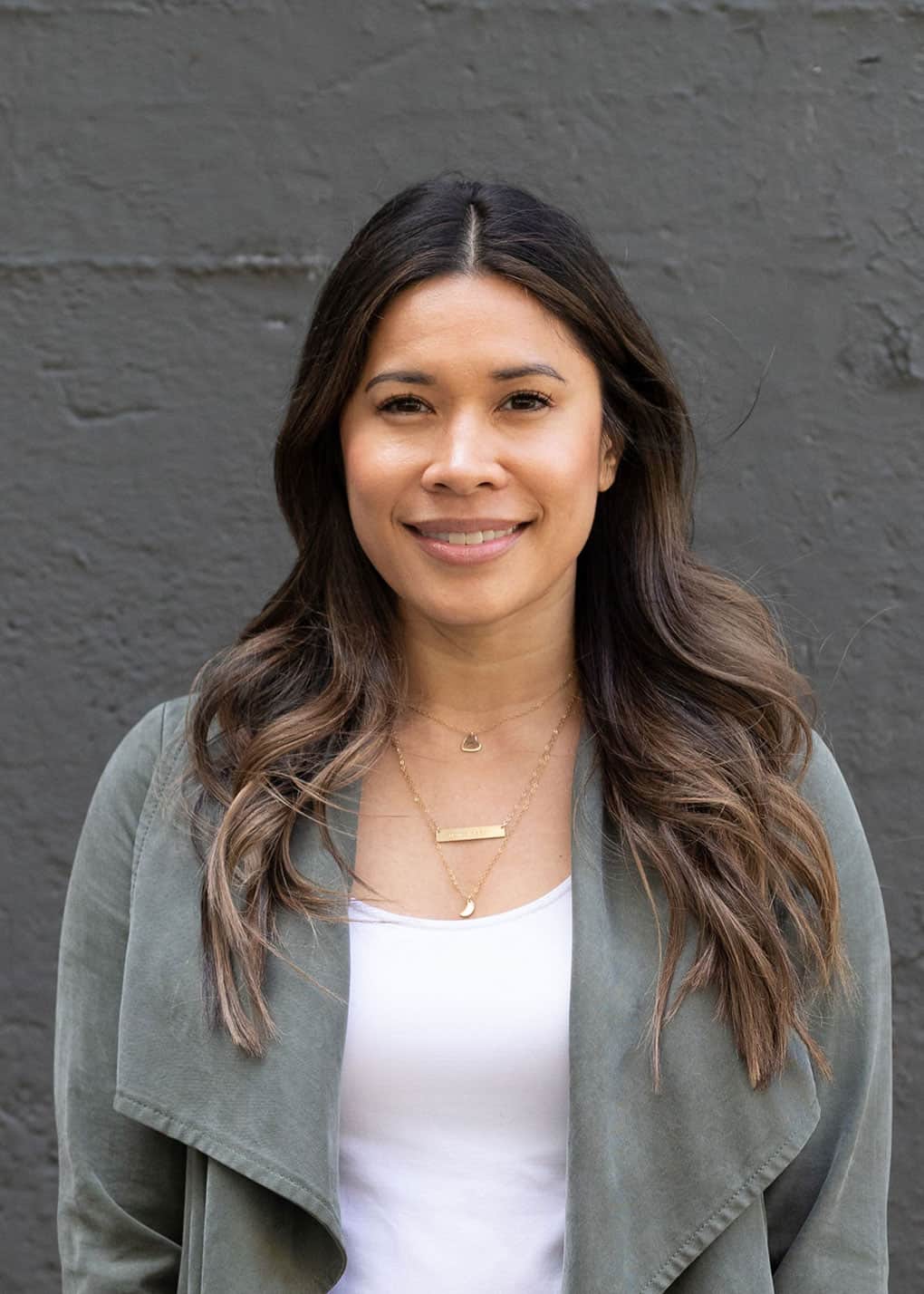
Reflecting on our first Reconciliation Action Plan
When Briteweb began our intentional journey into reconciliation, we started by developing our collective basic awareness of Indigenous history and culture throughout the agency. Once we had made substantive strides in our education as a team, we developed five focus areas to intentionally guide our work moving forward.
In the spirit of openness and transparency, we’re sharing some key milestones that we laid out in the 2021 version of our Reconciliation Action Plan. We’re reflecting on the actions we’ve taken, as well as where we need to put in more work as we shift towards the next iteration. We do this with the understanding that this is the work of a lifetime, and that we will always be working toward deeper wisdom and insight.
Our stated goal: to provide an initial immersion in intercultural safety for the internal team, with more planned learning opportunities prioritized throughout the year
- Provided basic knowledge of Indigenous peoples to our full-time team
- Every full-time employee at Briteweb completed a course on Indigenous awareness and Indigenous relations by April 2021. These learnings informed how we integrated reconciliation into our onboarding structure.
- Invited Indigenous leaders to speak with the Briteweb team
- We host 2-4 sessions a year for our Briteweb Core Team members, featuring speakers like Elaine Alec, Len Pierre, and Phyllis Webstad. Topics have included the legacy of residential schools and Indigenous cultural teachings from specific nations; some speakers simply held space for discussion and curiosity.
- Implemented Indigenous awareness training for onboarding
- We provided Indigenous awareness training materials and modules for new hires to our team, supporting their initial education from their first day with us.
- Provided training on the TRC Report and Calls to Action
- All full-time team members completed the University of Alberta’s twelve-week “Indigenous Canada” course. This was an independent effort, supported by team check-ins along the way.
Our stated goal: to review our internal culture and processes and consider how we can improve them in terms of inclusion and engagement.
- Created and sent out Internal Benchmark Survey
- This biannual survey gauges where our team members are in their personal reconciliation journeys, and helps us understand what our team is experiencing as a collective. The survey generates ideas that support meaningful progress; it also helps us identify where team members may be feeling hesitation or resistance, so that we can address it together.
Our stated goal: to codify opportunities for improvement into our processes, outlined in specific steps and identified wise practices.
- Create Briteweb’s Collaborator Map
- Our intention with this was to decolonize our approach to networking and focus on a relationship-based model of connection. Upon reflection, we decided that the initial concept for this effort did not serve its purpose as well as we’d hoped. Instead, we focused on strengthening relationships with Indigenous contractors and Indigenous clients, and taking note of what we learned. We have opportunity to articulate the insight that we gather and share it more broadly with the team.
- Offered quarterly Territorial Acknowledgement Workshops
- Rhonda Friesen, our Director of Finance, offered guided workshops every quarter for team members who were interested in adding their own territorial acknowledgement to their signature. She helped them understand their own perspective and circumstances, leading to a more personalized, meaningful approach. We’ve also built out a resource library to support team members in creating and practicing their own acknowledgements.
Our stated goal: to ensure that our growing team was more representative of the clients communities we want to effectively serve, and to create more opportunities for Indigenous creative and project management professionals
- Partnered with indigenous organizations to support indigenous work placements, posted on Indigenous-centered job boards, and worked to remove bias out of our hiring process through anonymous skills tests.
Our stated goal: embrace opportunities to engage and support Indigenous partners across the range of our business practices
- Hosted our 2022 Annual Retreat at an Indigenous-owned location
- We hosted our yearly full-time team member retreat at St. Eugene Resort in Cranbrook, BC. It is a former residential school that is has now been reclaimed by the local Ktunaxa Nation as a historical and education resource, as well as a thriving economic tool. We plan to continue seeking out Indigenous venues for our in-person agency events.
- Sought out Indigenous businesses and suppliers where possible. Some of the suppliers and vendors we love to support:
- Wall mural in our physical office space in Mount Pleasant done by Jean Paul Langlois
- Engaged in public speaking and community dialogue about Truth and Reconciliation Action Plans
- Through our engagement with our external community around our T-RAP, we embraced opportunities to speak about the process and results in webinars and panels. It’s a way to encourage other people and organizations to take steps along their own journey toward Truth and Reconciliation. We shared our experiences through an RGD Webinar, at both the B Corp Champions Retreats in Philadelphia and Vancouver, and at BLD Canada.
Educate
Our stated goal: to provide an initial immersion in intercultural safety for the internal team, with more planned learning opportunities prioritized throughout the year
- Provided basic knowledge of Indigenous peoples to our full-time team
- Every full-time employee at Briteweb completed a course on Indigenous awareness and Indigenous relations by April 2021. These learnings informed how we integrated reconciliation into our onboarding structure.
- Invited Indigenous leaders to speak with the Briteweb team
- We host 2-4 sessions a year for our Briteweb Core Team members, featuring speakers like Elaine Alec, Len Pierre, and Phyllis Webstad. Topics have included the legacy of residential schools and Indigenous cultural teachings from specific nations; some speakers simply held space for discussion and curiosity.
- Implemented Indigenous awareness training for onboarding
- We provided Indigenous awareness training materials and modules for new hires to our team, supporting their initial education from their first day with us.
- Provided training on the TRC Report and Calls to Action
- All full-time team members completed the University of Alberta’s twelve-week “Indigenous Canada” course. This was an independent effort, supported by team check-ins along the way.
Evaluate
Our stated goal: to review our internal culture and processes and consider how we can improve them in terms of inclusion and engagement.
- Created and sent out Internal Benchmark Survey
- This biannual survey gauges where our team members are in their personal reconciliation journeys, and helps us understand what our team is experiencing as a collective. The survey generates ideas that support meaningful progress; it also helps us identify where team members may be feeling hesitation or resistance, so that we can address it together.
Integrate
Our stated goal: to codify opportunities for improvement into our processes, outlined in specific steps and identified wise practices.
- Create Briteweb’s Collaborator Map
- Our intention with this was to decolonize our approach to networking and focus on a relationship-based model of connection. Upon reflection, we decided that the initial concept for this effort did not serve its purpose as well as we’d hoped. Instead, we focused on strengthening relationships with Indigenous contractors and Indigenous clients, and taking note of what we learned. We have opportunity to articulate the insight that we gather and share it more broadly with the team.
- Offered quarterly Territorial Acknowledgement Workshops
- Rhonda Friesen, our Director of Finance, offered guided workshops every quarter for team members who were interested in adding their own territorial acknowledgement to their signature. She helped them understand their own perspective and circumstances, leading to a more personalized, meaningful approach. We’ve also built out a resource library to support team members in creating and practicing their own acknowledgements.
Recruit
Our stated goal: to ensure that our growing team was more representative of the clients communities we want to effectively serve, and to create more opportunities for Indigenous creative and project management professionals
- Partnered with indigenous organizations to support indigenous work placements, posted on Indigenous-centered job boards, and worked to remove bias out of our hiring process through anonymous skills tests.
Outreach
Our stated goal: embrace opportunities to engage and support Indigenous partners across the range of our business practices
- Hosted our 2022 Annual Retreat at an Indigenous-owned location
- We hosted our yearly full-time team member retreat at St. Eugene Resort in Cranbrook, BC. It is a former residential school that is has now been reclaimed by the local Ktunaxa Nation as a historical and education resource, as well as a thriving economic tool. We plan to continue seeking out Indigenous venues for our in-person agency events.
- Sought out Indigenous businesses and suppliers where possible. Some of the suppliers and vendors we love to support:
- Wall mural in our physical office space in Mount Pleasant done by Jean Paul Langlois
- Engaged in public speaking and community dialogue about Truth and Reconciliation Action Plans
- Through our engagement with our external community around our T-RAP, we embraced opportunities to speak about the process and results in webinars and panels. It’s a way to encourage other people and organizations to take steps along their own journey toward Truth and Reconciliation. We shared our experiences through an RGD Webinar, at both the B Corp Champions Retreats in Philadelphia and Vancouver, and at BLD Canada.

By pursuing Truth and Reconciliation at Briteweb, we are taking steps not to undo the past, but to honour and acknowledge our history, and take tangible steps towards healing together.
Our Path Forward
At Briteweb, a key part of our work is telling stories. We partner with clients to lift up and celebrate marginalized voices. Part of our Truth and Reconciliation work is seeking out Indigenous stories, often from first-hand sources. We want Briteweb to be a place where everyone can engage with information that has been deliberately hidden by the powers that be. We want to provide opportunities to support Indigenous communities and businesses. We want to create space for questions and discussion. And we want to emphasize that reconciliation is an ongoing process.
And, in that spirit, we have shaped three new areas of growth for this next iteration of Briteweb’s Truth and Reconciliation Action Plan. We’re proud of what we have accomplished, and simultaneously humbled by the magnitude of the work ahead. As we mark this point in our journey, we hope that others will join us in their own way. This is a path that we will walk for the rest of our lives, and we’re honoured to do so.
Inclusive Partnerships & Community Engagement
Briteweb is committed to fostering meaningful partnerships with Indigenous clients, collaborators, and communities. To support this, we will create a central resource to thoughtfully track learnings and best practices from Indigenous client projects. This will ensure that knowledge gained is accessible to our team and informs future projects. Additionally, we will hold quarterly sessions where team members can share challenges, successes, and insights from recent work, allowing us to continuously improve our approach.
To further embed reconciliation efforts into our daily work, we will integrate discussions about reconciliation and awareness into project retrospectives. This includes incorporating client questions regarding reconciliation efforts during debriefs, ensuring that our work remains aligned with our values.
Ongoing updates on our Truth and Reconciliation Action Plan (T-RAP) will be woven into internal communications. A dedicated section for T-RAP updates will be added to Town Hall and All-Hands meetings. Alternatively, we plan to implement a monthly indicator in the Business Leadership Team’s scorecard spreadsheet to track progress and maintain accountability.
In the realm of business development, we recognize the importance of cultural sensitivity when engaging with Indigenous clients. Additional training will be provided to the Business Development team to ensure that proposals and pitches are crafted with an informed, respectful, and culturally aware approach. Further initiatives include offering grant writing support to Indigenous clients within Canada and creating a database of Indigenous partners we can collaborate with on client projects. Finally, we will actively promote and amplify our Indigenous clients and partners on our social channels to help increase visibility for their work.

Opportunities
To support Indigenous creatives, we will develop an internal resource tool listing Indigenous designers and artists that we have worked with, would like to work with, or have been recommended to us. This will serve as a valuable reference for our Creative team and could potentially be expanded into a publicly available resource—such as a blog post or LinkedIn feature—to benefit others in the industry. Additionally, we will compile a list of contractors with experience working with Indigenous clients to further strengthen our ability to deliver culturally competent work.
Mentorship is another key focus area. We plan to develop a program for emerging Indigenous talents to introduce them to agency work. This initiative will be promoted through networks like Independent First Nations (IFN) and Humanity Financial.
Briteweb also aims to support Indigenous businesses by continuously Indigenous vendors, consultants, and businesses that we engage for team or client gifts. We will prioritize Indigenous-owned and/or Indigenous-operated spaces for company events and retreats whenever possible, ensuring that our support extends beyond project work. Additionally, when traveling as a team, we will be mindful of the Indigenous communities we are visiting and explore ways to engage with and learn from them respectfully.

Cultural Learning
Briteweb acknowledges that reconciliation requires ongoing learning and education. We will continue to build out a dedicated resource hub, making it easy for our team to access materials related to reconciliation, Indigenous history, and best practices for working with Indigenous clients. To keep this knowledge top of mind, we will remind the team about these resources during All-Hands and Town Hall meetings and invite feedback on additional materials they would find valuable.
We also aim to extend our knowledge-sharing externally. This could take the form of blog posts, Instagram and LinkedIn features, or other content that highlights what we are learning as an organization and why this work is important to us.
To deepen our team’s understanding, we will explore further training and certification opportunities. Courses from leaders such as Elaine Alec, the Canadian Council for Aboriginal Business’ Progressive Aboriginal Relations certification, Indigenous Corporate Training Inc., BDC, and Len Pierre offer valuable insights and practical knowledge that can enhance our collective competency.
Finally, we recognize the importance of supporting team members at different stages of their learning journey. To that end, we will curate external resources that provide accessible entry points for those who are earlier in their understanding of reconciliation and Indigenous history. We will also present a contextual overview to the team, reinforcing why this work is central to Briteweb’s mission and operations.

About the Artwork
Our first Reconciliation Action Plan in 2021 was rooted in the idea of seeds, sparks, and taking the first step. Now, that river has expanded, its currents shifting and deepening to reflect the evolution of our original design. The seeds we planted have taken root, branches have stretched outward, and smaller streams have come together, forming a strong and steady river.
This growth represents the many pathways forward, each with the flexibility to change course over time. It speaks to the long-term impact of reconciliation, work that will continue to shape future generations. Along the river, islands emerge, symbolizing our three focus areas. These spaces hold the different initiatives, people, and organizations that have come together, all moving in the same direction toward a greater shared purpose.
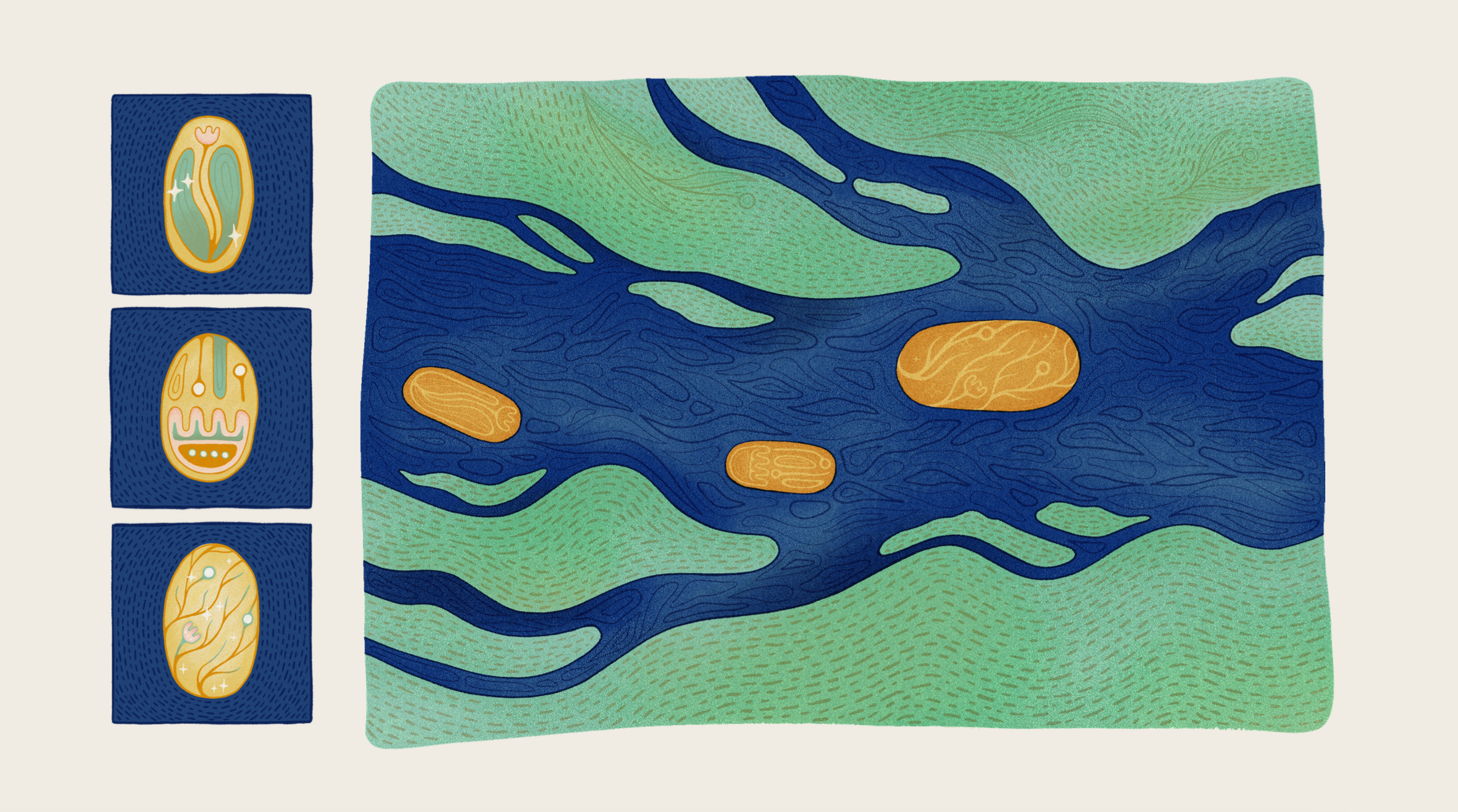
Three Glimpses into the Focus Areas
The three focus areas of our Truth and Reconciliation Action Plan are represented through illustrations, each one rooted in the image of a growing seed. These glimpses offer a visual representation of the ongoing work, growth, and renewal at the heart of our commitment to reconciliation.
Collaboration & Partnerships
This illustration features two large leafy shapes growing side by side, with a bud emerging between them: something new created together. True collaboration isn’t about growing over one another, but alongside each other, much like the Two Row Wampum, which represents parallel paths of mutual respect and shared understanding.
Creating Opportunities
Connection, reciprocity, and exchange are at the core of this illustration. Different opportunities come together, fitting like puzzle pieces, reflecting the continuous cycle of growth. This design ties back to the first Reconciliation Action Plan illustrations, where white buds represented the beginning of something new. Here, the seed grows into a flower, then decomposes, feeding the earth and making way for new life. It is a reminder that every step forward creates space for renewal, transformation, and mutual benefit.
Cultural Learning
Deeply connected to the design of our first Reconciliation Action Plan, this illustration speaks to the individual and collective journeys of learning and knowledge sharing. The roots stretch outward, forming communication pathways, much like the way trees exchange nutrients and wisdom underground. This unseen network is a reflection of how cultural learning moves between people, communities, and generations; always growing, always evolving.
Acknowledgements
We want to extend our deepest gratitude to the many individuals and teams who have contributed their knowledge, wisdom, guidance, and patience to the development of this Truth and Reconciliation Action Plan.
We are particularly grateful to Indigenous knowledge keepers and leaders who have generously shared their expertise and perspectives: Len Pierre and Elaine Alec, whose insights have been instrumental in shaping our understanding and approach. We are grateful for Phyllis Webstad, whose courage in sharing her story through the Orange Shirt Day movement continues to educate and inspire action on such a broad scale. We also thank our Director of Finance, Rhonda Friesen, whose willingness to be candid and open about her own experiences has been an incredibly valuable learning experience for our team.
We are deeply grateful to Mariah Meawasige of Makoose for bringing our Truth and Reconciliation Action Plan to life through her bold, evocative design. Mariah is an Anishinaabekwe from Serpent River First Nation and a proud member of the bear clan. As the founder and creative force behind Makoose, she blends visual storytelling with a deep commitment to Indigenous resurgence and community healing. Her work in both the current and previous versions of this plan reflects her gift for translating vision into powerful, purposeful design. It has been an honour to collaborate with her on this important project.
This work would not have been possible without the dedication of Briteweb’s internal EDI Committee members: Ali Pearce, Rhonda Friesen, Lindsay Stewart, Mailande Moran, and Natalie Glover.
We also acknowledge the leadership that has championed this important work: Jill de Chavez, our CEO and Owner, and Jay Wall, our Former Principal Creative Director, whose vision and support have been essential in making this commitment a priority for Briteweb.
And thank you to our entire team, and our clients. We get to work with incredible organizations who make work like this possible. The pursuit of reconciliation is not a linear path, but it’s one paved with lessons, reflection and a commitment to do more.
If you’d like to learn more about our Truth and Reconciliation Action Plan, inquire about resources or are curious about creating your own Plan, feel free to reach out at agency@briteweb.com.
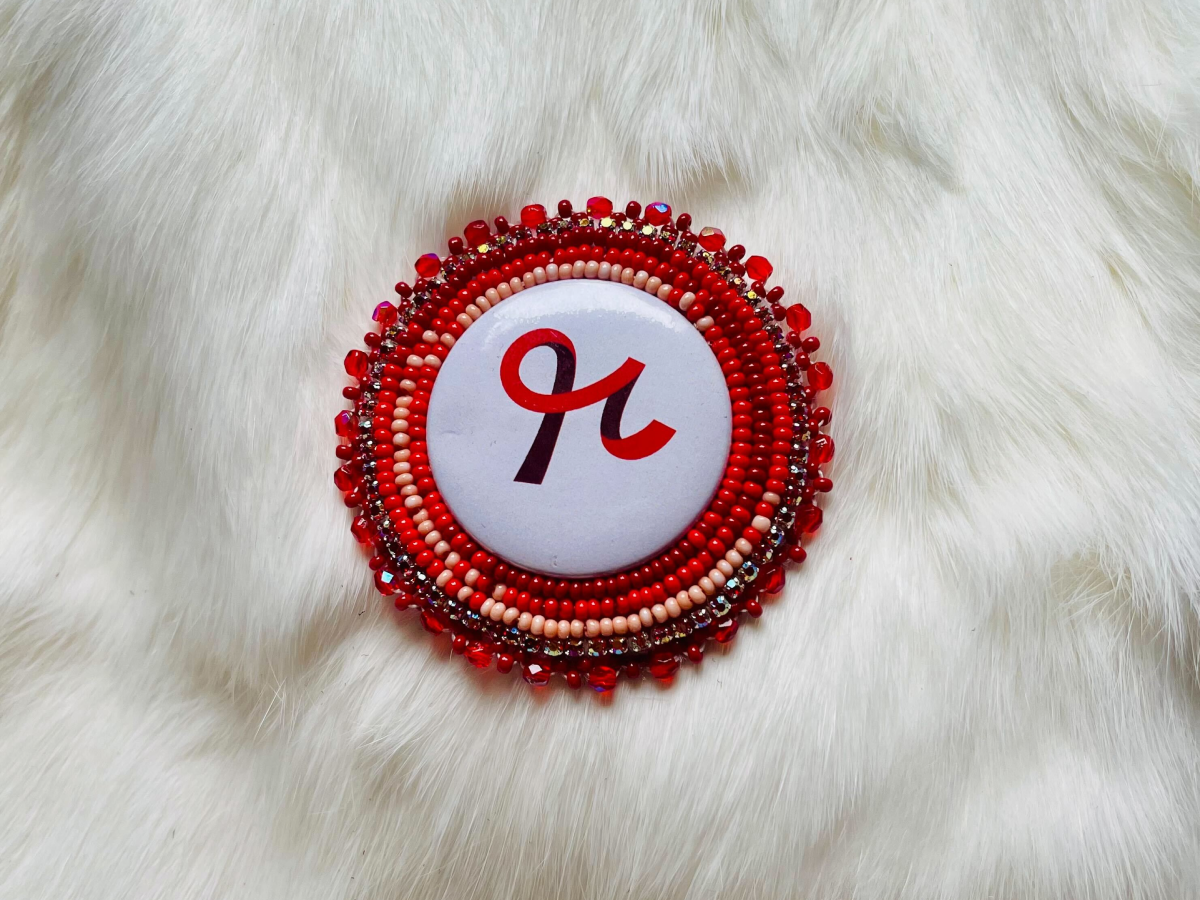
Recent Work: Ribbon Community
Honouring a legacy while looking towards the future: a reimagined brand identity for a new era of HIV support, prevention, and care.
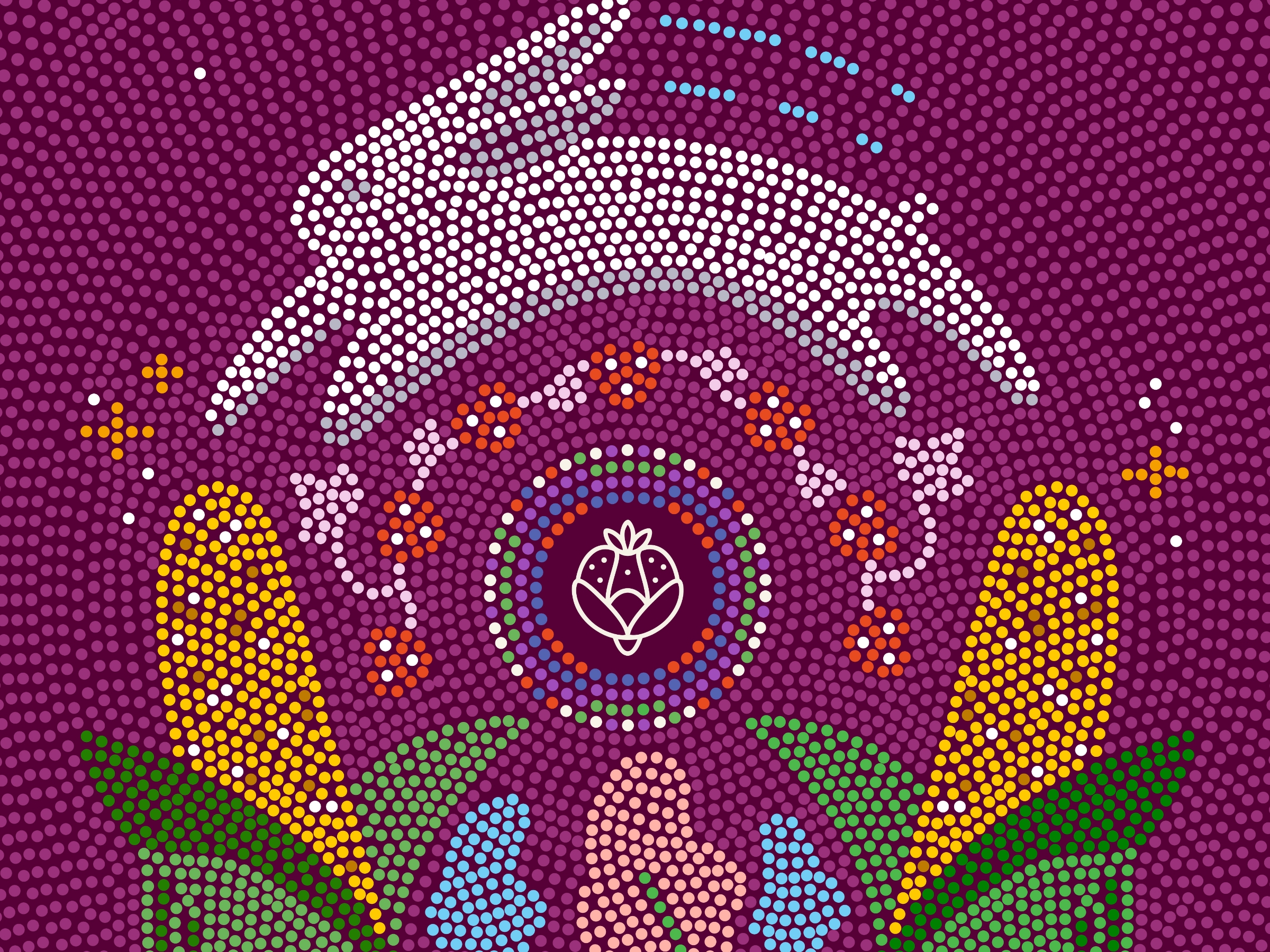
Recent Work: Nourish Leadership
An action learning series designed to introduce health care professional leaders to different ways of understanding the relationships between Indigenous foodways, reconciliation, healing and health care.




